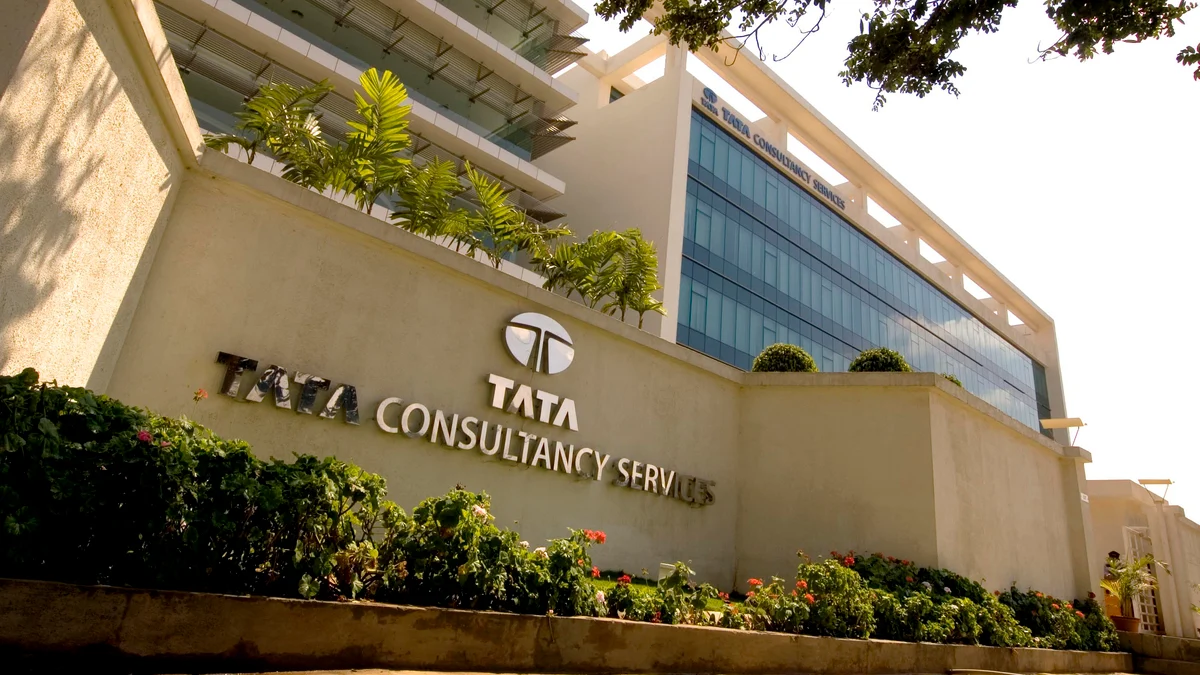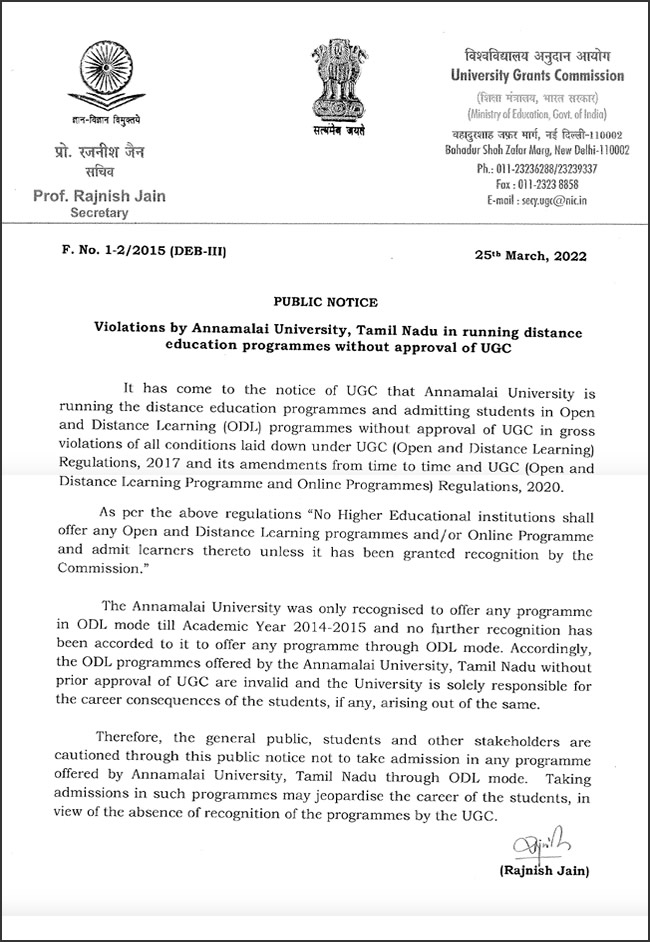


Mumbai-based DMart reports a consolidated net profit of Rs 724 crore for the October-December period, with a 4.8% increase over the same period last year. While the revenue growth of 17.7% meets market expectations, the net profit falls short of analysts' estimates. The company's quarterly earnings before interest, taxes, depreciation, and amortization (EBITDA) stood at Rs 1,218 crore, representing an 8.8% year-on-year increase, but with a margin decrease of 60 basis points. DMart CEO Neville Noronha cites increased competition and discounting in the FMCG category as the reason for the margin decline and remains committed to providing value to customers through their retail and fulfillment centers. The market's reaction to the quarterly numbers will be closely watched on Monday.
DMart Q3 Results: Profit Growth Lags Expectations Amid Competitive Pressures
Mumbai-based DMart, a leading supermarket chain in India, has reported a mixed bag of results for the October-December quarter (Q3) of fiscal year 2023-24.
Financial Performance
DMart's consolidated net profit for Q3 stood at Rs 724 crore, up 4.8% year-over-year. However, it fell short of analysts' estimates. Revenue rose by 17.7% to Rs 10,568 crore.
The company's EBITDA grew by 8.8% to Rs 1,218 crore, but the margin declined by 60 basis points to 11.5%. DMart CEO Neville Noronha attributed the margin decline to increased competition and discounting in the fast-moving consumer goods (FMCG) category.
Background
DMart is known for its low-cost retail model and its focus on groceries, household essentials, and apparel. The company has been expanding rapidly in recent years, opening new stores in both urban and rural areas.
Market Reaction
Analysts and investors were cautiously optimistic about the results, noting the revenue growth but expressing concerns about the margin decline. The market's reaction to the quarterly numbers will be closely watched on Monday, when the stock market opens.
Top 5 FAQs
1. Why did DMart's net profit growth lag expectations?
2. What is the outlook for DMart's business?
3. How has DMart been performing in recent quarters?
4. What are the key strengths of DMart?
5. What are the challenges facing DMart?

The Indian cricket board, BCCI, has recently announced that it is extending the copyrights for all its material and assets for the next five years until 2025. This move highlights the board's emphasis on protecting its intellectual property and copyright laws as it continues to grow its brand globally. With the upcoming T20 World Cup and the Indian Premier League, the BCCI's decision to safeguard its copyright is a strategic move that ensures the board's financial stability and future growth.

Amid the ongoing debate around work-life balance and extended working hours, Mahindra Group Chairman Anand Mahindra expressed his disagreement with the emphasis on the number of working hours. He highlighted the importance of focusing on the quality of work instead, stating that it's not about working longer hours but achieving the desired output in a shorter time. Mahindra also advocated for the integration of liberal arts into education for professionals, emphasizing the importance of holistic thinking for making informed decisions.

Aakash Education Services, a leading coaching institute, has approached the NCLT seeking urgent financial support to keep its business running during the ongoing pandemic. With the sector facing significant challenges due to the global health crisis, the company stresses the need for immediate funding to ensure continuity of its operations. This development highlights the impact of COVID-19 on the education industry and the measures being taken to mitigate its effects.

The Board of Control for Cricket in India (BCCI) has successfully renewed its copyrights for the next five years, giving it exclusive rights over Indian cricket. This decision further strengthens the board's control over the sport in the country. Fans and critics alike are now questioning the impact of this move on other cricketing bodies and the future of Indian cricket.

TCS, the Mumbai-based IT giant, has released its Q3 results for FY 2025, showcasing impressive numbers and highlighting the company's commitment to employee development and recruitment. With over 1,10,000 promotions and a diverse workforce of 152 nationalities, TCS continues to invest in upskilling and well-being of its employees. Despite cross-currency volatility, TCS's financial discipline and strategic investments have led to positive margins and free cash flows, ensuring long-term business growth.

Mahindra, one of the leading players in the EV market, has added another feather to its cap with the launch of the XEV 9e at an affordable price of Rs 21.9 Lakh Ex-Showroom. With a range of 542 km on a single charge and a powerful engine delivering 228 bhp and 380 Nm of torque, the XEV 9e is a well-balanced and premium offering that is sure to impress both EV enthusiasts and regular car buyers alike. To get a taste of the driving experience, check out the video below.

The electric SUV market in India is growing with the launch of new models from Tata, Mahindra, and Hyundai. This article provides a comparison of the variants and prices of the Mahindra BE6, XEV 9e, and Tata Curvv, to help customers make an informed decision in their budget. Test drives of the vehicles will be available in a staggered manner, starting with metropolitan cities and expanding to other cities in phases.

After creating a buzz on social media, Mahindra has now announced the prices for their top models BE 6 and XEV 9e. Priced at Rs 18.9 and Rs 26.9 lakh respectively, both models can be pre-booked from February 14, 2025. Interested customers can also test drive them starting from January 14 in select cities. The BE 6 offers an impressive range and fast charging capabilities, making it a promising offering from Mahindra.

The University Grants Commission is seeking suggestions and comments from stakeholders on its proposed draft regulations for the appointment and promotion of teachers and academic staff in universities and colleges. The regulations aim to update and harmonize guidelines for academic positions across all higher education institutions in India, and will introduce new methodologies for recruitment and promotion processes. Stakeholders are urged to review the draft and contribute to the shaping of the future of academic staffing in the country.